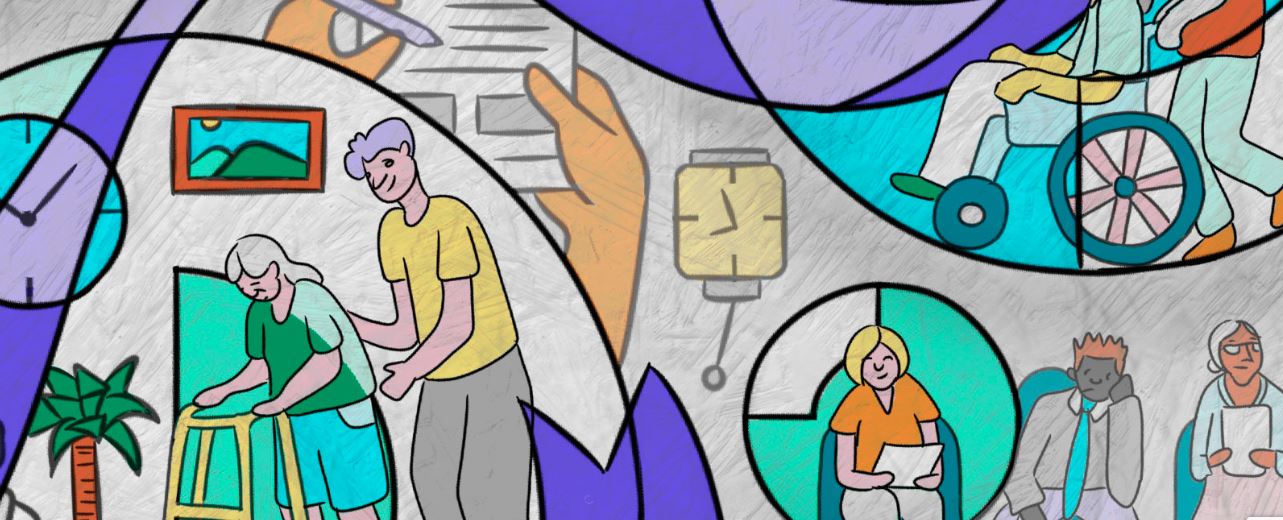First in a series of Healthy Debate articles exploring the results of the OurCare survey.
Family medicine is the front door of the health-care system. But for too many people in Canada, that front door is now closed.
Results from the OurCare national survey estimate that more than one in five Canadian adults – 6.5 million people – do not have a family physician (FP) or nurse practitioner (NP) they can see regularly for care, a situation that has become worse during the COVID-19 pandemic.
The survey was conducted between September and October last year and includes more than 9,000 responses from across the country. It’s the first phase of OurCare, a national initiative to engage the public on the future of primary care in Canada.
We found that the situation is particularly bleak in some parts of the country. In British Columbia, Quebec and the Atlantic provinces, approximately 30 per cent – almost one in three adults – reported not having a family doctor or nurse practitioner. Contrast that to 13 per cent in Ontario.
And some groups are worse off than others. Fewer adults who were racialized, lower income and in poorer health reported having a family doctor or nurse practitioner.
Thirty-five per cent of those age 18 to 29 said they didn’t have a family doctor. Some young adults may not think they need one. Indeed, 17 per cent of respondents who were without a family doctor or nurse practitioner said they weren’t looking for one, most commonly because they thought they were healthy and didn’t need one. Yet, as family doctors, we know the importance of being connected to primary care early in people’s lives.
At first glance, the numbers don’t seem as bad for older adults. But it’s a huge concern that 13 per cent of those 65 and older reported not having a family doctor – everyone in that age group needs access to primary care.
Primary care – the type of care provided by family doctors and nurse practitioners – is foundational to any well-functioning health system. Family practices are the first place you should turn when you have a new health concern. They manage ongoing health conditions and provide care to keep you well in the first place. They are the entry point into the health-care system, coordinating the care you get from others, including specialists. Without it, patients are lost and left alone to navigate a complex system.

